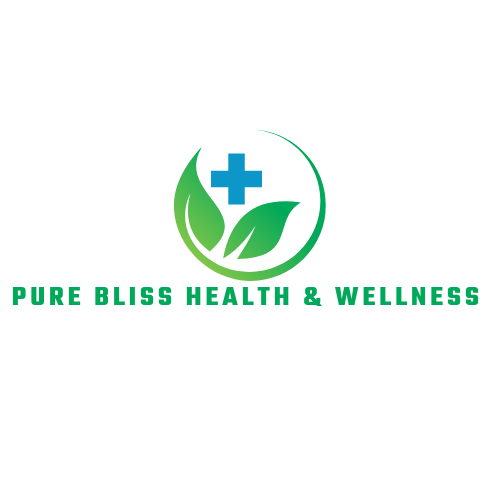Women face a variety of health challenges that are not only unique but also often misunderstood. Biological differences play a major role in defining these issues. Hormonal cycles, for instance, are pivotal, influencing everything from mood swings to serious health conditions. Recognizing these unique challenges is the first step in addressing them effectively.
Hormonal cycles, such as the menstrual cycle, can affect women’s health in numerous ways. These cycles can trigger conditions like polycystic ovarian syndrome (PCOS) and endometriosis, which are fairly common but can be severely debilitating. Understanding how hormonal balance impacts overall well-being is crucial for managing such conditions.
Certain diseases and conditions tend to affect women more often than men, breast cancer and osteoporosis being prime examples. Breast cancer remains one of the most common cancers among women, while osteoporosis, characterized by weakened bones, predominantly affects older women. Awareness and proactive screening are key to early detection and better outcomes.
Regular check-ups and early diagnosis can make a significant difference in preventing and managing women-specific health issues. Pap smears, mammograms, and bone density scans are some of the recommended screenings. Ensuring these checks are a part of routine healthcare empowers women to take control of their health. Prioritize regular health screenings and don’t hesitate to reach out for medical advice when something feels off.
Education: Empowering Women Through Health Awareness
Health awareness is powerful. When women understand their health, they can make informed choices about their bodies, leading to better outcomes for themselves and their communities. Education plays a huge role in boosting health literacy, which is crucial. It’s about understanding medical information and knowing how to use it.
Various initiatives and programs actively work to spread this knowledge among women. Whether it’s workshops, seminars, or online courses, these programs aim to equip women with tools to navigate health complexities. Learning about symptoms, risks, and preventive measures isn’t just bookish—it has real-life implications.
Cultural and social norms sometimes stand in the way of women accessing health education. Breaking down these barriers is essential. Engaging community leaders and using relatable language can bridge the gap, fostering an environment where health information is freely shared and discussed.
Digital platforms have revolutionized access to healthcare information. Websites and apps provide valuable resources for women’s health—everything from tracking cycles to managing stress. The digital age makes it easier than ever to connect with resources that were previously out of reach. Embracing this shift can open new doors for women’s health awareness worldwide.
Mental Health Matters: Addressing Psychological Well-being in Women
Mental health is not just about having a good day—it’s about maintaining overall balance and well-being, which is crucial for women dealing with stressors unique to their lives. Women experience certain mental health disorders more frequently, and often differently, than men.
Anxiety and depression, for instance, can manifest in distinct patterns among women. Hormonal changes, societal roles, and life events like childbirth or menopause can influence mental health significantly. Recognizing these differences can help in developing tailored approaches to treatment.
The intersection of physical health and mental well-being can’t be overlooked. Conditions like postpartum depression highlight how physical and mental health are tightly intertwined. A holistic approach that considers both aspects is key to effective wellness strategies.
Mental health stigma affects many women, keeping them from seeking help. Talking about these issues openly and providing safe spaces for dialogue can break down stigma. Community and support groups, whether in person or online, empower women to speak up and seek help.
Promoting mental wellness involves a mix of individual strategies and community support. Mindfulness practices, therapy, and a robust support network can significantly boost mental health. Encouraging women to integrate these practices into their daily lives fosters resilience and long-term wellness.
Addressing Women’s Health Disparities: A Call to Action
Women’s health disparities are a pressing issue that calls for immediate attention. Socio-economic factors like income, education, and access to healthcare play significant roles in creating these gaps. Recognizing and understanding these disparities is the foundation for change.
Successful case studies provide valuable insights. Innovative initiatives like mobile health units and community-based health programs have successfully increased healthcare access in underserved areas. These strategies demonstrate that when healthcare is brought closer to the community, more women can access the services they need.
Policy changes are pivotal in bridging health gaps. Advocacy for better healthcare policies, including funding for women’s health programs, is a vital step forward. Pushing for legislation that supports affordable access to healthcare services and preventative care is crucial to make a tangible difference.
Collaborative approaches stand out as effective ways to enhance women’s healthcare access. Partnerships between governments, NGOs, and grassroots organizations create a multi-layered support system that can address various aspects of healthcare. By pooling resources and expertise, these collaborations can tackle complex challenges more efficiently, paving the way for sustainable improvements in women’s health.



